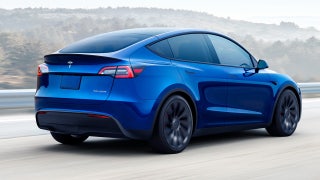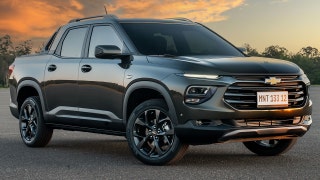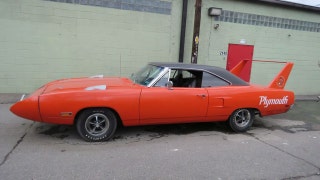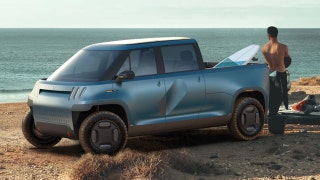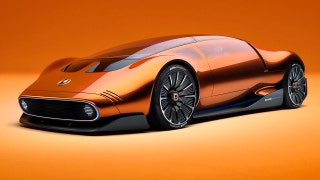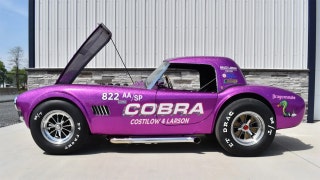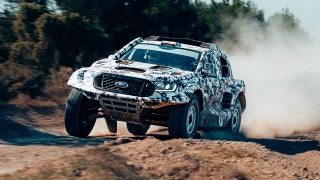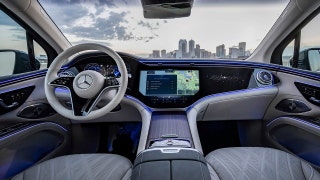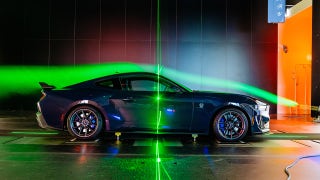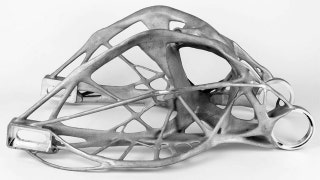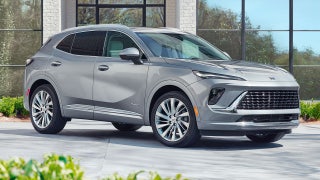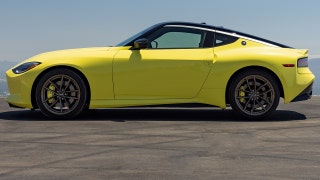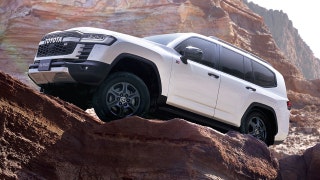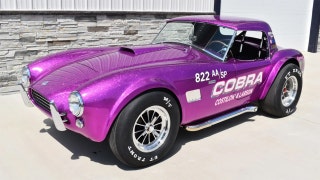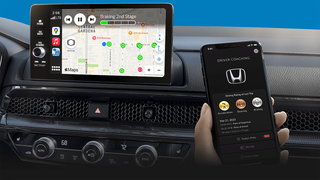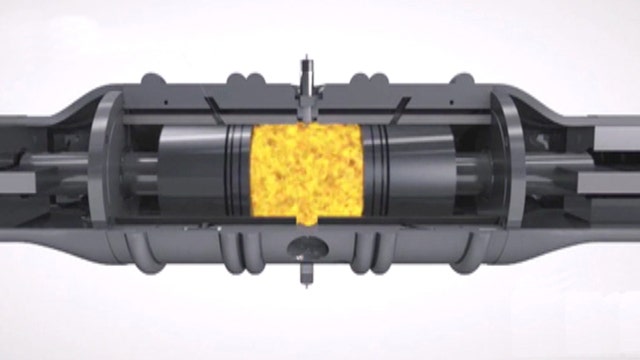The Engine of the Future
Revolutionary internal combustion engine design could work as range extender for electric cars.
A revolutionary new internal combustion engine doesn’t go in circles, at all.
Developed by engineers at the German Aerospace Center’s Institute of Vehicle Concepts, the Free Piston Linear Generator is an all-new type of powerplant designed to be used as a range extender for electric cars.
The motor is comprised of two pistons, on either side of a single combustion chamber. Instead of using a crankcase to convert linear piston movement into rotational energy to turn a driveshaft or conventional electric motor, the pistons are mounted on air springs that generate electricity directly as they move back and forth.
As an added benefit, the design allows the size of the combustion chamber and its compression ratio to be infinitely adjusted without having to change parts, allowing it to run on a variety of fuels, including diesel, natural gas and hydrogen.
Although it currently exists only as an oversized technical demonstrator installed in a laboratory, the team behind it believes that it can be downsized into a compact unit that weighs about 125 pounds and puts out up to 40 hp. Several of the generators could be installed side by side to meet the power requirements of various vehicles.
The main hurdle holding back the widespread acceptance of electric cars are the expensive, heavy and relatively low-capacity batteries currently available, and the technology is improving at a snail’s pace. Range extenders allow automakers to use smaller, cheaper batteries that are good enough for everyday driving, while offering convenient long-range, though not zero-emissions, capability.
However, the motors found in cars like this on the road today, like the Chevrolet Volt and Fisker Karma, are simply internal combustion engines that have been converted from use in conventional vehicles, and not optimized for the task at hand. Future generations of plug-in hybrids are expected to feature engines specifically designed to act as range extenders, and the Free Piston Linear Generator is just one idea.
A spokesperson for the center says a production version of the Free Piston Linear Generator could be on the road within four or five years if an industrial partner comes on board to develop the technology for commercial use.
